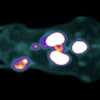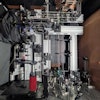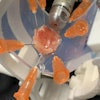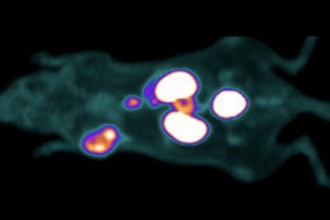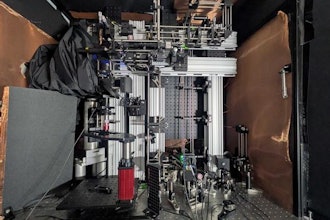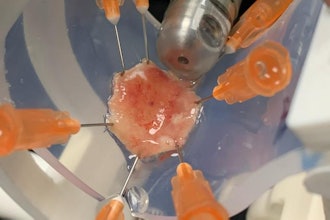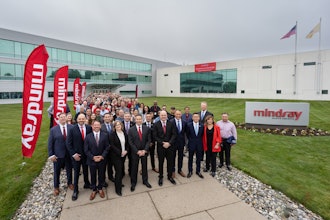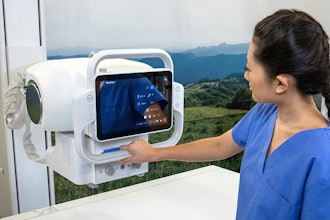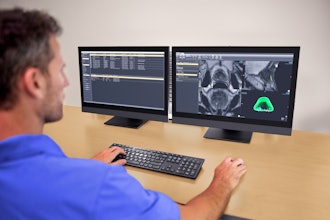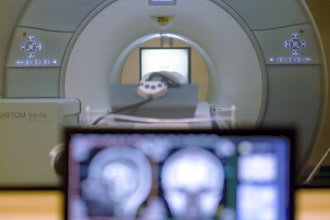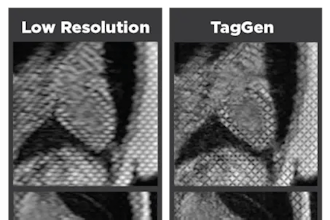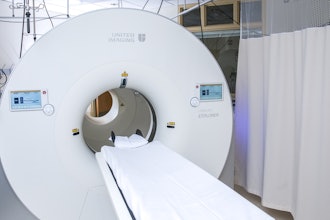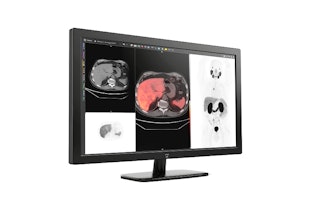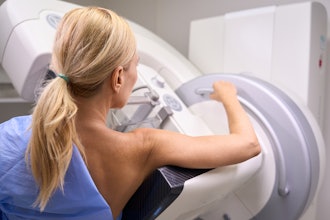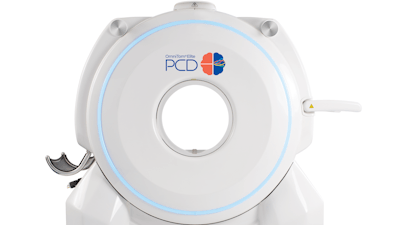
NeuroLogica, a subsidiary of Samsung Electronics, announced a partnership with The University of Dundee in Scotland, United Kingdom, to collaborate on research using the OmniTom Elite with Photon Counting Detector (PCD) computed tomography (CT) imaging technology.
Professor Iris Grunwald leads the University’s Tayside Innovation MedTech Ecosystem (TIME) Neuro team, and was key in the formulation of the partnership between NeuroLogica and The University of Dundee. Professor Grunwalds team will analyze differences in patients’ tissue characteristics as well as enhance image quality and resolution of current imaging practices.
“With NeuroLogica’s new, emerging technologies, we are currently witnessing one of the largest innovations in medical imaging in the last decade,” said Professor Iris Grunwald, Chair of Neuroradiology at the University of Dundee. “By utilizing the state-of-the-art equipment alongside the University of Dundee’s unique research and clinical expertise, together we can work to modernize the future of patient care.” Professor Grunwald, and executive member of SINAPSE – Scottish Imaging Network: A Platform for Scientific Excellence, who has brought the scanner to Dundee has previously worked with NeuroLogica to improve pre-hospital imaging on Mobile Stroke Unit ambulances.
Photon counting is a next-generation CT technology that sorts the different energies of X-rays after they have passed through the scan field. The multiple sets of CT data are acquired at the same time with configurable energy thresholds, providing potentially more accurate visualization and segmentation of bone, blood clots, plaque, hemorrhage and intracranial tumors. There is also potential with PCD to lower the dose requirements, and fundamentally change the use of injected contrast. The OmniTom Elite with PCD is an important advancement in CT technology and was designed in house by the NeuroLogica research and development team in Danvers, Massachusetts, in collaboration with Samsung.

